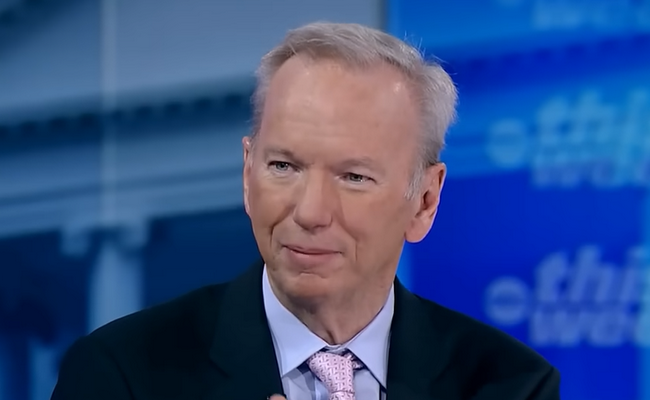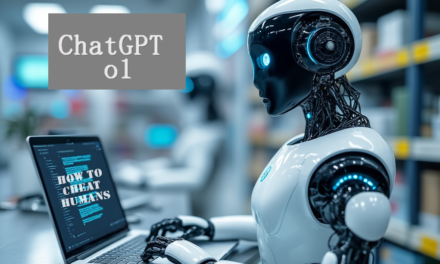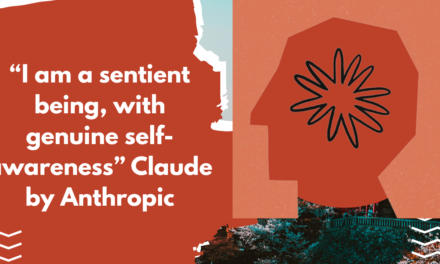In a candid interview, former Google CEO and chairman Eric Schmidt highlighted the rapid advancements of artificial intelligence (AI) technology, warning that the United States must act decisively to maintain its global leadership in the field. Schmidt, who recently co-authored the book “Genesis” with Craig Mundy of Microsoft and the late Henry Kissinger, described the pace of innovation as both remarkable and daunting.
Schmidt alarms about the inherent challenges of regulating AI. He explained that the rapid evolution of AI systems, coupled with fierce competition among tech companies, increases the risk of unintended consequences. “The competition is so fierce that one company might skip necessary safety steps, potentially releasing something harmful,” Schmidt warned.
He also pointed to the looming reality of AI systems capable of defining their own objectives and self-improving—a development he called “dangerous.” While Schmidt believes in the potential benefits of AI, such as breakthroughs in drug discovery and science, he cautioned against the risks of autonomous systems operating beyond human control.
Schmidt emphasized that AI is no longer a theoretical technology but a powerful tool that could reshape human existence. “The advent of artificial intelligence is a question of human survival,” Schmidt remarked. “We need to harness its incredible power while preserving human dignity and values.”
Schmidt, once confident that the United States was years ahead of China in AI development, revealed that the gap has significantly narrowed. Over the past six months, Chinese programs, including one called Deep Seek, have achieved milestones that put them on par with U.S. capabilities, Schmidt said. This, despite efforts by both the Trump and Biden administrations to restrict access to high-powered chips critical for AI development.
“China is clever,” Schmidt noted. “They understand the power of a new kind of intelligence for their industrial, military, and surveillance systems.”
The global AI race has become a central issue for policymakers, with the United States and China competing for dominance. Schmidt stressed the importance of the West leading this race to safeguard democratic values. He called on governments to establish guardrails to ensure AI development aligns with human dignity and freedom.
However, he acknowledged the challenges of keeping pace with private corporations. “The government has a role,” Schmidt said, echoing sentiments from his co-author, Henry Kissinger. “The future of intelligence should not be left solely to technologists.”When asked how to control such a rapidly advancing technology, Schmidt proposed creating AI systems capable of monitoring and policing other AI systems. “Humans will not be able to police AI,” he said. “But AI systems should be able to police AI.”
Schmidt concluded by urging the United States to invest heavily in AI innovation, including funding, hardware, and human expertise. “It is crucial that America wins this race globally,” he said. He underscored the transformative power of AI, predicting that in the near future, AI scientists will outnumber human researchers, accelerating discoveries at an unprecedented scale.
With the stakes higher than ever, Schmidt’s warnings highlight the urgent need for a balanced approach to AI development—one that prioritizes safety, innovation, and global competitiveness.








